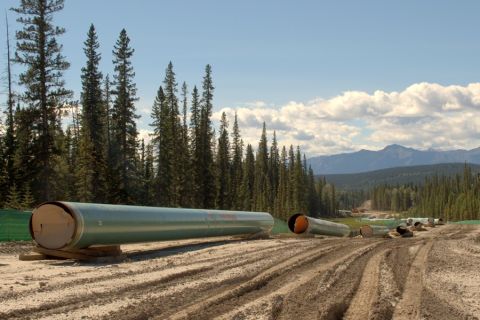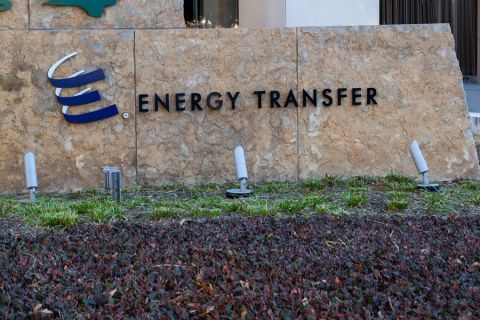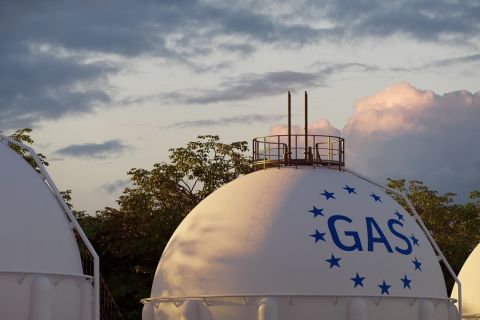Russia’s Rosneft has quit Eurasia, an early-stage oil exploration project in Kazakhstan, while Shell has joined it, an executive of the Kazakh company involved in the project said May 21.
The Eurasia project focuses on exploring a geological area known as the Caspian Depression in western Kazakhstan by drilling ultra-deep wells of up to 15 km.
Kazakhstan has estimated that the untapped lower levels of the geological structure could hold up to 60 billion tonnes of oil. The initial stage of exploration, including the drilling of the first well, could cost $500 million.
Six companies, including Kazakh national energy firm KazMunayGaz, Azerbaijan’s SOCAR, Italy’s ENI, China’s CNPC and U.S. geological services group NEOS, signed up for the project last year.
But Rosneft, which also signed the memorandum, told the Kazakh government it was quitting the project, Alexander Denyakin, chief executive of KMG-Eurasia, a subsidiary of KazMunayGaz, told Reuters.
Rosneft declined to comment on the matter on May 21.
At the same time, Shell is joining the project, which will remain open to new participants until the end of this year, Denyakin said. Shell's Kazakh office could not be reached for comment on May 21.
Due to its technological complexity Eurasia could cost more than Kashagan, a giant offshore field in the Caspian on which investors have spent over $50 billion.
Recommended Reading
Report: Crescent Midstream Exploring $1.3B Sale
2024-04-23 - Sources say another company is considering $1.3B acquisition for Crescent Midstream’s facilities and pipelines focused on Louisiana and the Gulf of Mexico.
For Sale? Trans Mountain Pipeline Tentatively on the Market
2024-04-22 - Politics and tariffs may delay ownership transfer of the Trans Mountain Pipeline, which the Canadian government spent CA$34 billion to build.
Energy Transfer Announces Cash Distribution on Series I Units
2024-04-22 - Energy Transfer’s distribution will be payable May 15 to Series I unitholders of record by May 1.
Balticconnector Gas Pipeline Back in Operation After Damage
2024-04-22 - The Balticconnector subsea gas link between Estonia and Finland was severely damaged in October, hurting energy security and raising alarm bells in the wider region.
Wayangankar: Golden Era for US Natural Gas Storage – Version 2.0
2024-04-19 - While the current resurgence in gas storage is reminiscent of the 2000s —an era that saw ~400 Bcf of storage capacity additions — the market drivers providing the tailwinds today are drastically different from that cycle.




